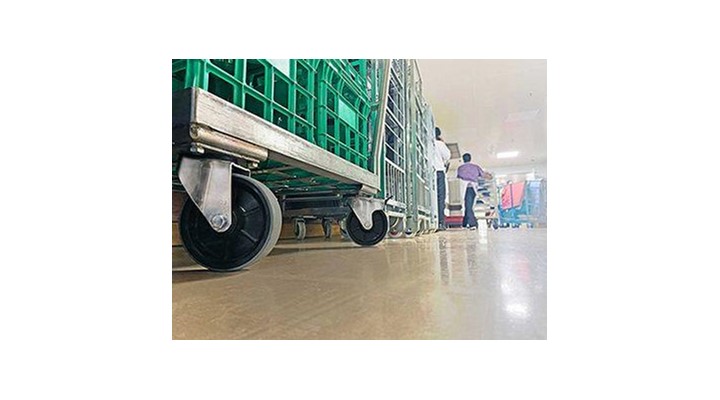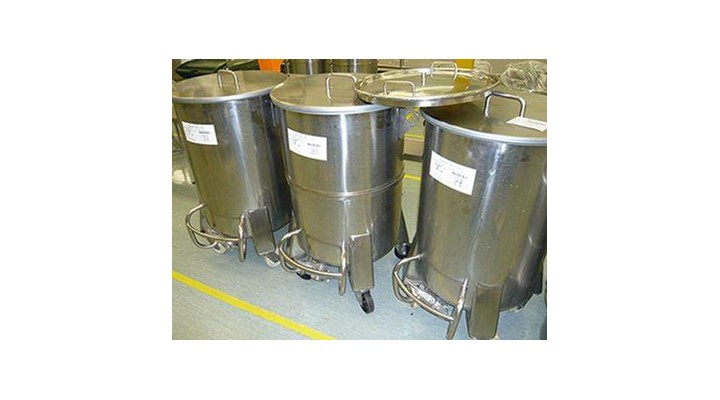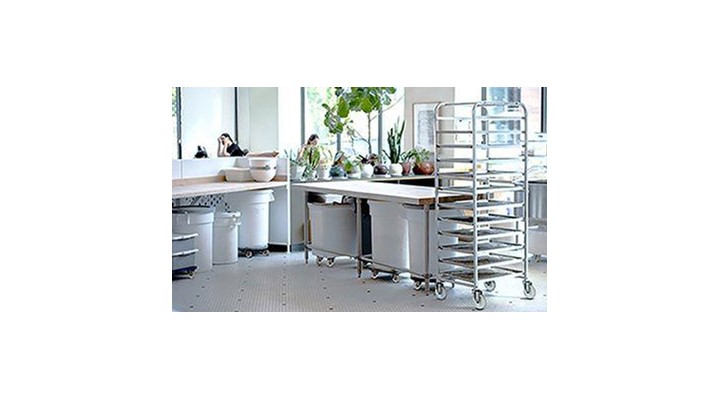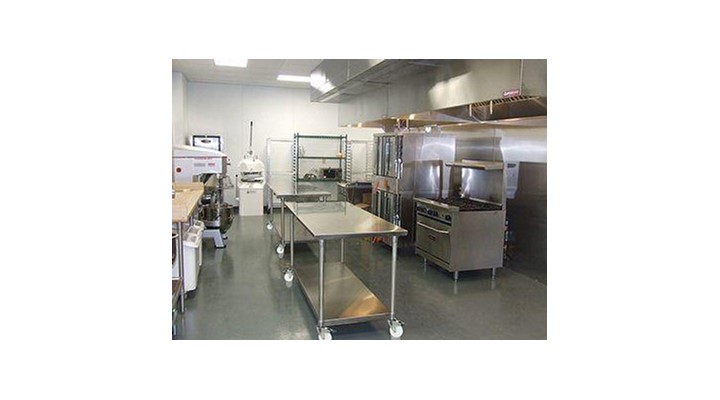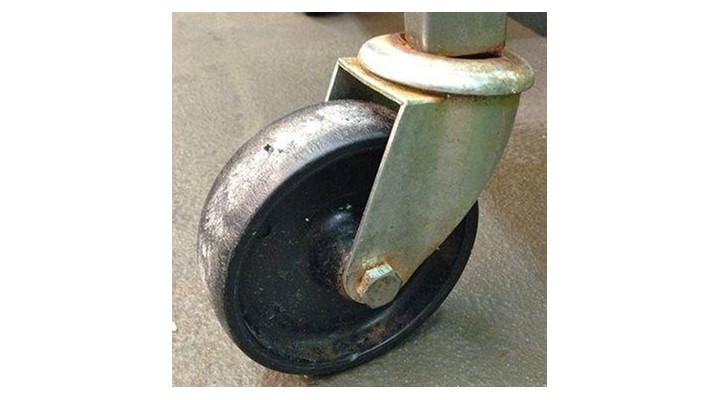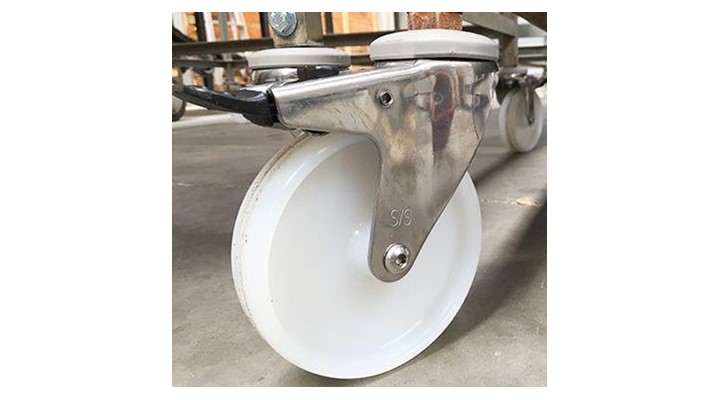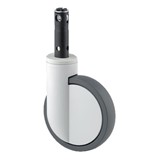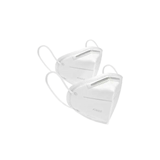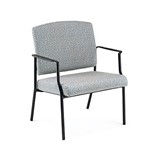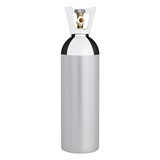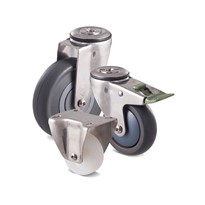In Australian public hospitals there are around 165,0001 HAIs in Australian health facilities each year, making them the most common complication affecting patients in hospital, and accounting for an estimated two million hospital bed days in Australia each year1. HAIs greatly increase morbidity and mortality, as well as the risk of readmission within 12 months and can cause great suffering to patients.
Most healthcare facilities have well-developed risk management and control plans to reduce HAIs associated with direct patient medical care (such as urinary tract infection, surgical site infection, bloodstream infection and infection associated with prosthetics/implantable devices) with explicit and clear procedures for the use of catheters and intravascular devices and other medical devices. However, other HAIs tend to have multi-disciplinary factors and have a more complex risk profile with lots of factors in play.
When healthcare facilities review the interaction between non-medical staff (such as orderlies, catering staff, laundry staff and cleaners) with patients, there's a whole new set of factors to consider to prevent Healthcare Acquired Infections such as pneumonia, multi-resistant organisms (bacteria such as Golden Staph that is resistant to commonly used antibiotics) and gastrointestinal infections. This is where stainless steel castors (swivelling wheels) can be a game-changer.
Think about how food service, laundry and cleaning carts and trolleys move between wards and back of house service areas… Some catering carts literally go from the kitchen, room to room, clocking up tens of kilometres per day... The food trays are first handled by the food preparation staff, then the server, then the patient, sometimes nurses or cleaners, and then by the server removing the empty tray. Each time someone touches both the tray and the handle of the food cart there's a risk of transferring bodily fluids such as saliva (after sneezing) or faecal matter (after failing to wash hands properly after toileting). As we all learned from COVID, it doesn’t take much for pathogens to jump person to person through body contact, sneezing or projecting your voice to someone hard of hearing – it's like glitter at a children's birthday party!
Similarly, healthcare laundry is often overlooked, and yet unclean laundry can be a potent vector for infections. Soiled garments can carry blood, vomit and a vast array of other undesirable fluids that can transfer through touch. Microorganisms can survive on textiles, and cross-contamination can occur during handling or storage. Laundry carts travel from the laundry to the wards, again often room to room, and then back to the laundry.
And how do these carts move – they all have castors! Often the cart's frames will be made from PVC, stainless steel or other antimicrobial materials, however the castors are often over-looked, with cheaper non-stainless castors used when the Healthcare facility's procurement function has failed to specify the specific type of castors required to enable appropriate cleaning methods.
However, when non-stainless castors are used, the healthcare facility cannot use high-temperature or high-pressure cleaning or harsh chemicals to disinfect the carts without the castors rusting. This results in inferior cleaning methods, or, in the castors rusting during cleaning. Rusted castors develop pitted, rough, porous surfaces that then retain bacteria. The subsequent potential for germ-transfer between patients is enormous!
The Australian Commission on Safety and Quality in Health Care has resources to describe broad practices to prevent HAIs4 including:
- Ensuring a clean and hygienic environment
- Performing routine environmental cleaning
- Cleaning and reprocessing shared patient equipment
- Handling and disposing of waste and linen safely
- Ensuring that suitable equipment, devices and products are available to minimise and effectively manage hospital-acquired infections
However, its fair to say that the guidelines are a bit short on detail! We urge all Healthcare risk managers to think about all the mobile carts and trolleys in operation and review who touches the carts and how the carts move between patients. If there's a cart that is touched by staff who then touch objects that engage with patients, then you need to think about how you'll keep the cart clean, and how the castors will support the cleaning process.
With over 100 years of experience in designing and manufacturing castors in Australia for the healthcare, hospitality, food & beverage and laundry industries, Fallshaw Group have the perfect stainless steel castor for almost every application, and can help specify exactly what you need.
Manufactured in Sunshine, Victoria, our stainless steel castors are made from high-quality grade 304 stainless steel (with some components in high-quality 301 and 303 grades) and are backed by a 3year warranty. Depending on your specific application, we have a wide range of stainless steel castor styles and sizes ranging from 85 to 500 kg load capacity (per castor).
Why choose Fallshaw Group?
We are committed to providing our valuable customers with the best products and services throughout Australia. We offer the following:
- Australian made products made from high quality materials that will perform every time with low push efforts.
- Products which are built to last and backed up with a 3 year warranty.
- All Australian Hospitals are credit approved to avoid delays in purchasing.
- Easily accessible spare parts, fittings, and accessories.
- Local service, maintenance, and repairs.
- Over 100 years of successful customer service and satisfaction.
Browse our wide range of M Stainless series (85-200 kg load capacity) and O Stainless series (230-500 kg load capacity) castors for the smooth running of your health facility. If you need help choosing the right castor wheels, call us on 1300 934 471 and one of our experts will speak to you. You can also email us to request a quote.
Contact us and explore our specialised castors today!
Sources
- https://www.cec.health.nsw.gov.au/keep-patients-safe/infection-prevention-and-control/healthcare-associated-infections#:~:text=There%20are%20around%20165%2C0001,complication%20affecting%20patients%20in%20hospital.
- Selected best practices and suggestions for improvement for clinicians and health system managers – Hospital-acquired complication 3: Healthcare-Associated Infections (safetyandquality.gov.au)
- Food Considerations for Hospital Infection Control - ISID
- Hospital-acquired complications (HACs) | Australian Commission on Safety and Quality in Health Care


